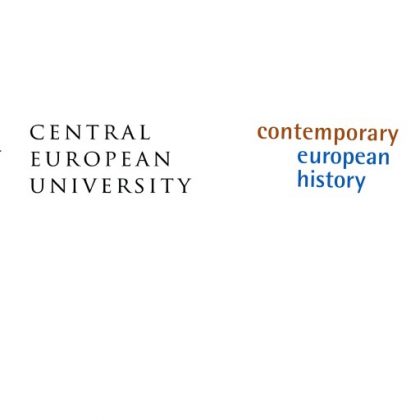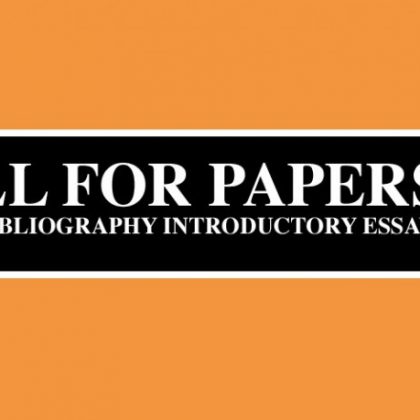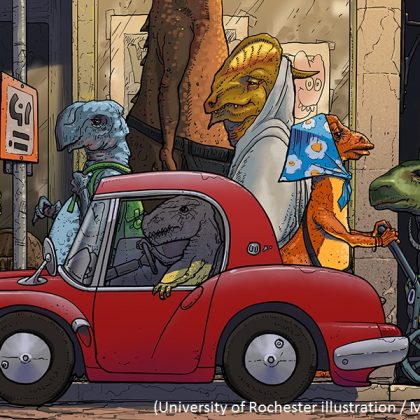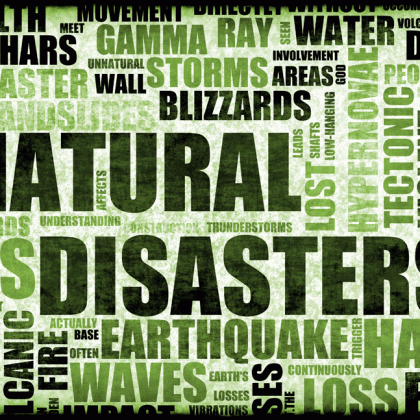Bouncing, Floating, and Jetting
Oil jets from citrus fruits, balls that bounce on water, and self-propelled levitating plates – step inside some of the latest fluid dynamics research!…

Oil jets from citrus fruits, balls that bounce on water, and self-propelled levitating plates – step inside some of the latest fluid dynamics research!…

As a nation, we are eating too much sugar. Consuming too many foods and drinks high in sugar can lead to weight gain and related health problems such as heart disease, type 2 diabetes and some cancers.

The advance of data science and the solution of big data questions rely heavily on fundamental mathematical techniques. We are surrounded by technology that collects, transmits and manipulates data on an immense scale; the key is the application and development of advanced mathematics for the efficient gathering and manipulation of ‘data’–values of qualitative or quantitative variables–and efficient extraction of ‘information’–the content and meaning present in data.…

Part 3 from the introduction to the virtual special issue from Contemporary European History. We are accustomed to viewing 1989 as the end of state socialism.…

Part 2 from the introduction to the virtual special issue from Contemporary European History. In 1989 it seemed clear that glasnost in the Soviet Union had set in train unknown but certainly far-reaching changes in the Soviet Union and East Central Europe.…

Articles of 5,000-8,000 words on topics relating to research, libraries, archives and publishing in and on Africa, and in African studies, are invited.…

This year’s Charles Clark Memorial Lecture was, as usual, presented at the London Book Fair, but for the first time on the first day of the fair. …

The London Book Fair 2018, held at Olympia on 10th – 12th April, seemed a little less well-attended than usual, perhaps because it clashed with the UKSG Conference that took place at the same time in Glasgow. …

Imagine if, many millions of years ago, dinosaurs drove cars through cities of mile-high buildings. A preposterous idea, right? Over the course of tens of millions of years, however, all of the direct evidence of a civilization—its artifacts and remains—gets ground to dust. How do we really know, then, that there weren’t previous industrial civilizations on Earth that rose and fell long before human beings appeared? It’s a compelling thought experiment, and one that Adam Frank, a professor of physics and astronomy at the University of Rochester, and Gavin Schmidt, the director of the NASA Goddard Institute for Space Studies, take up in a paper published in the International Journal of Astrobiology.

Introducing a new virtual special issue from Contemporary European History. Since its creation in 1992 the journal Contemporary European History has actively sought to bridge Cold War divides and to bring the histories of Eastern, Western, Northern and Southern Europe into the same frame of analysis.…

This blog post is taken from the ‘Letter from the Editor’ to the special edition of Central European History published to celebrate the 50th Anniversary of the Journal. …

A few months ago, Cambridge University Press launched a new set of succinct, yet information-rich products known as SemStat Elements, edited by Ernst Wit, Chair of Statistics and Probability at the University of Groningen.…

The animal article of the month for May is Water footprinting of pasture-based farms; beef and sheep Agricultural production consumes significant amounts of natural resources, including water, along the supply chain.…

Continental configurations have come and gone over Earth’s history. From the steady cycling through supercontinental arrangements to the distributed scattering of numerous continents separated by oceans today, the geography of our world is constantly changing.…

The Society for American Archaeology’s paper of the month for April comes from Latin American Antiquity and is entitled: ‘Estrategias Humanas, Estabilidad Y Cambio en la Frontera Agricola Sur Americana’.…

Professors Curtis Bradley and Laurence Helfer began their four-year tenures as co-Editors-in-Chief of the prestigious American Journal of International Law (AJIL) on April 5. Their election was approved by the Executive Council of the American Society of International Law (ASIL) on October 27, 2017 after an earlier unanimous vote of the AJIL Board of Editors.

Involuntary psychiatric hospital admissions have increased steadily from 70.7 per cent of all psychiatric admissions in 2009 to 77.1 per cent in 2013. In a new study published in BJPsych Open, researchers found nearly three-quarters of all psychiatric hospital admissions in Ontario are involuntary.

In his recent monograph, the renowned philosopher Charles Taylor targets genuinely big issues: What is the nature of language? What makes us human?…

Public Health Nutrition Editorial Highlight: 'Source of bias in sugar-sweetened beverage research: a systematic review' Authors: Ethan A Litman, Steven L Gortmaker, Cara B Ebbeling and David S Ludwig.

Australian farmers have long considered harvest-time weed seed control their “last chance” opportunity to battle herbicide-resistant weeds that survive in-crop treatments.…

On the 6th March, Dan Edwards, Life Sciences journals publisher at Cambridge, presented to a room of Cambridge Librarians, at a time when they are increasingly being asked to support researchers on the publishing process.…

The Society for American Archaeology’s paper of the month for April comes from Latin American Antiquity and is entitled: ‘Es Complicado: 1.260 Años de Tumbas de Tiro y Cámara en el Noroeste de Jalisco, México’.…

This post by R. Michael Alvarez originally appeared on PS:Now on April 10, 2018. Research transparency and replication are important issues today in the quantitative social sciences.…

Chinese privet is a common fixture in the southeastern United States – typically found growing in dense thickets along roadsides, on rights of way and in forests. …

The latest Paper of the Month from Parasitology is ‘New and emerging uses of CRISPR/Cas9 to genetically manipulate apicomplexan parasites’ by Manlio Di Cristina and Vern B.…

Manu Paranjape, author of The Theory and Applications of Instanton Calculations, discusses the potential end of the universe. Recently, reports in the media have warned that our universe could be destroyed abruptly in a collision with a bubble of negative energy, and that the process may have already started!…

This post by Stephane J. Baele, Thierry Balzacq, Philippe Bourbeau first appeared on the ejis.eu blog in June 2017. It is based on his article from the second volume of European Journal of International Security.…

Until now, UK Biobank, a health data resource aiming to help scientists discover why some people develop particular diseases and others do not, had limited mental health data to work with. Following 157,366 responses to an online mental health questionnaire (MHQ) developed by researchers from King’s College London, alongside collaborators from across the UK, it now has unparalleled potential for further biomedical research in mental health, dramatically expanding potential research into mental disorders. The findings have been published in BJPsych Open.

In an article initially drafted a year ago and now published in a themed section of Social Policy and Society, we attempt to assess the past and future development of EU and UK social policy in the context of Brexit.…

Public Health Nutrition Editorial Highlight: 'Superstorm Sandy’s impact on the provision of WIC (Special Supplemental Nutrition Program for Women, Infants, and Children) services in New York State' Authors: Michelle Wemette, Asante Shipp Hilts, Stephanie R Mack, Yunshu Li, Millicent Eidson, Loretta A Santilli, Trang Nguyen and Guthrie S Birkhead discuss their research below.

How can you convince elementary school students to consume more fruit and vegetables? Scientists from the University of Bonn and the University of Koblenz-Landau have found that school fruit schemes can actually help to achieve this goal according to their research published in Public Health Nutrition.